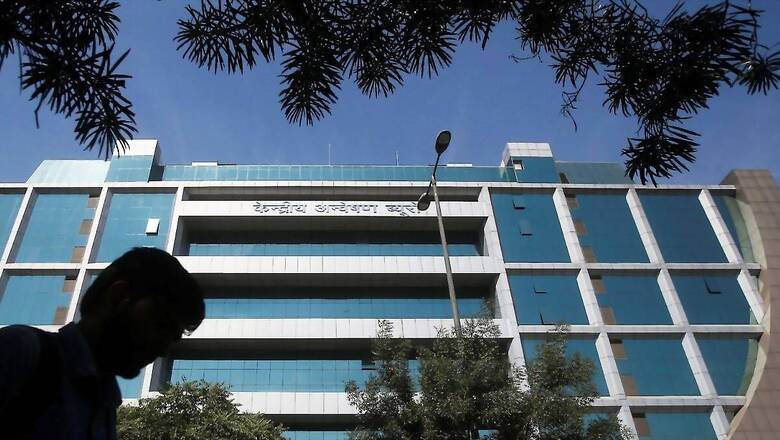
views
The Central Bureau of Investigation (CBI) will soon be able to address the shortage of IPS officers, thanks to the Union Home Ministry’s latest tenure policy for central deputation.
According to the policy updated last week, officers with a minimum of five years’ service will be eligible for induction in R&AW, IB, NIA and the CBI. Earlier, officers with a minimum of five years’ service were eligible for induction in R&AW, IB and NIA, but were excluded from the CBI.
According to senior MHA officials, the police has been updated to address the issue of massive vacancies in the CBI that are affecting speedy investigations. According to the latest MHA data, till October 10, at the SP level, the CBI had a vacancy of 42 IPS officers against 73 sanctioned posts. The vacancy is highest among all 17 organisations, followed by 32 in IB.
The importance of an SP-level officer in any investigation is utmost as they supervise and directly investigate the cases. Since the CBI deals only with high-profile cases, the vacancy of IPS officers at SP level has been hampering the structure and the working of the anti-corruption agency for a long time.
Similarly, in the IB, ranks of IG, ADG and DG have been added to fulfil hardcore strength which was earlier restricted to SP and DIG. The strength of ‘hardcore’ officers in the IB must not exceed 50% of the posts in the rank of SP, DIG, IG, ADG, Special DG and DG taken together to be filled by IPS officers.
In case a ‘hardcore’ officer moves out of the IB and joins R&AW on lateral shift basis, they will be treated as ‘Permanently Seconded’ officer of R&AW for the period spent by them in the agency.
Further, for the purpose of counting the minimum period required for promotion, deployment etc, the combined period spent by such an officer in IB and R&AW will be taken into account.
The updated policy also reflects changes in empanelment of senior IPS officers.
The MHA has said that every state cadre of the IPS provides for a central deputation quota, which in turn, requires additional recruitment to be made to the service to provide for trained and experienced members to serve on posts in the central government.
Accordingly, utilisation of the central deputation quota of different state cadres is an important factor governing the scale at which officers are borrowed from the various state cadres of the service.
However, no post so filled by a member of IPS on deputation can be deemed to be a cadre post of the parent state. Similarly, no individual member of the IPS can claim any right to appointment to a post under the Government of India, the MHA said.




















Comments
0 comment